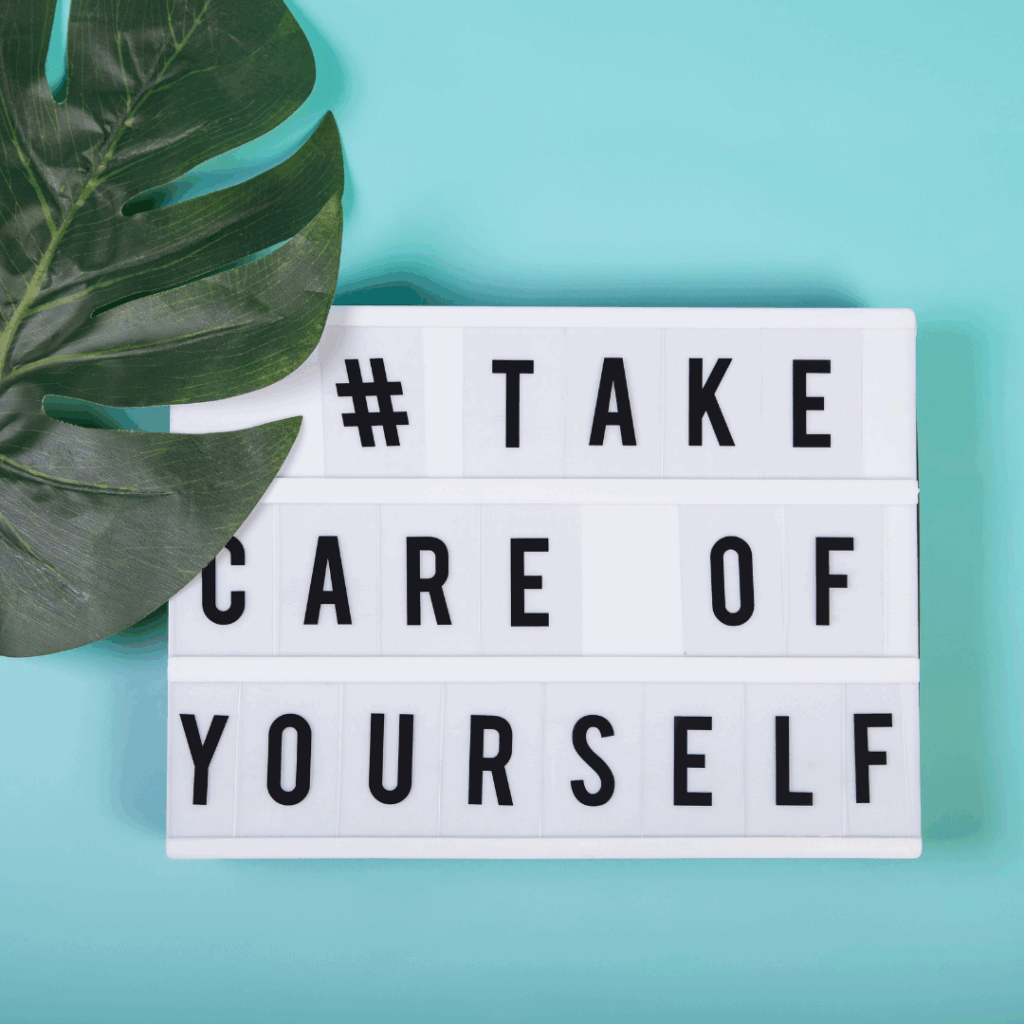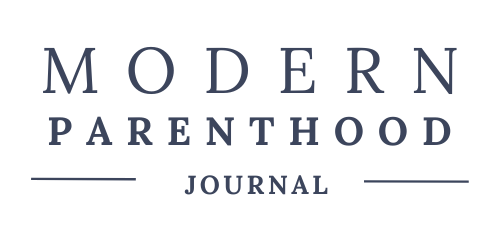Overwhelmed Parents: Breaking the Burnout Cycle with Guilt-Free Self-Care
Breaking the cycle of overwhelming stress and guilt to become the parent your family needs
Last week, Sarah found herself crying in the grocery store parking lot at 3 PM on a Wednesday. Not because anything terrible had happened, but because she’d forgotten to buy milk—again—and the thought of going back inside that fluorescent maze of decisions and overstimulation felt impossible. Her toddler was having a meltdown in the backseat about goldfish crackers, she had seventeen unread messages from her daughter’s school, and she realized she couldn’t remember the last time she’d eaten a meal while it was still warm.
That moment of overwhelm wasn’t new, but what struck her was how normal it had become. When did completely falling apart in public parking lots become just another Tuesday? When did running on fumes become the default state for so many parents? And why does the voice in our heads immediately start berating us for being “dramatic” when what we really need is compassion?
If you’ve had a moment like this—and honestly, if you haven’t, I’d love to know your secrets—you’re not alone. Parent burnout isn’t just feeling tired after a long day with the kids. It’s a very real psychological and physical condition that affects millions of families, and it’s time we started talking about it like the public health crisis it’s become.

When Overwhelm Becomes the Norm
The numbers are staggering and sobering. Nearly half of all parents report feeling completely overwhelmed by stress most days, compared to just a quarter of adults without children. That’s not a small difference—that’s a screaming alarm bell that we’ve somehow learned to ignore. The U.S. Surgeon General recently issued an advisory specifically about parental stress, calling it a significant threat to public health. When the nation’s top doctor is concerned about how overwhelmed parents have become, maybe it’s time to stop pretending this is normal.
But here’s what really gets me: we’ve created a culture where acknowledging this struggle feels like admitting failure. We’ve somehow convinced ourselves that good parents sacrifice everything for their children, that our own needs are selfish luxuries, and that burning ourselves out is noble rather than destructive. We’re martyring ourselves on the altar of perfect parenting, and it’s not working—for us or for our kids.
Dr. Moïra Mikolajczak, who has spent years researching parental burnout, describes it as “a state of physical, mental, and emotional exhaustion caused by prolonged exposure to emotionally demanding parenting situations without adequate resources to cope.” Notice that last part—without adequate resources to cope. This isn’t about parents being weak or inadequate. This is about a system that asks superhuman things of ordinary humans and then shames them when they can’t deliver.
The reality is that modern parenting has become an impossible job. We’re expected to be child development experts, nutritionists, academic coaches, social media managers, chauffeurs, and emotional regulation specialists—often while working full-time jobs and managing households. Previous generations had extended families, communities, and lower expectations. We have Google, anxiety, and the pressure to document every milestone on Instagram.
The Real Cost of Self-Sacrifice
And the cost isn’t just to parents. When parents are running on empty, their children feel it. Children see their parents stressed, overwhelmed, and emotionally unavailable, even when they’re physically present. Parents snap more often, have less patience, and struggle to be the calm, attuned caregivers they want to be. The very self-sacrifice that parents think makes them good caregivers actually undermines their ability to parent well.
Take Lisa, a working mother who experienced what she now calls her “dark year”—when her youngest was two and she was juggling a demanding job, a challenging marriage, and the relentless needs of three children under eight. She thought she was being a dedicated mother by saying yes to everything and no to nothing for herself. She thought her exhaustion was temporary, that she just needed to push through until things got easier.
Instead, she got sicker, more anxious, and increasingly resentful. She was physically present but emotionally absent, going through the motions of mothering without feeling connected to the joy she’d expected to find there. Her children started asking why she was always angry, and she realized she was modeling exactly the opposite of what she wanted to teach them about self-worth and healthy relationships.
The turning point came when her six-year-old asked if she was okay. Not because she was crying or obviously upset, but because, as her daughter put it, “You don’t seem happy anymore, Mama.” Out of the mouths of babes. She was right—Lisa wasn’t happy, and pretending otherwise wasn’t protecting her child from that reality.
That’s when Lisa started to understand something that changed everything: taking care of herself wasn’t taking away from her children. It was the most generous thing she could do for them. A rested, emotionally regulated, mentally clear parent is infinitely more valuable than a constantly available but chronically depleted one.
Learning to Include Yourself in the Equation
But knowing this intellectually and living it practically are two different things. The guilt runs deep, especially for mothers who’ve been socialized to believe that good mothering requires total self-sacrifice. Every minute I spent on myself felt like time stolen from my children. Every boundary I set felt selfish. Every moment of enjoyment outside my role as a mother felt like betrayal.
It took time for parents like Lisa to realize that this guilt wasn’t serving anyone. Their children didn’t need martyrs—they needed parents who could show them what it looked like to live a balanced, fulfilling life. They needed to see that adults have needs too, that self-care is normal and healthy, and that their own future wellbeing would require them to take care of themselves.
For Lisa, the shift started small. She began taking five-minute showers instead of thirty-second ones. She started saying no to volunteer commitments that she’d taken on out of guilt rather than genuine interest. She called a friend while she folded laundry instead of folding in silence and resentment. She asked her partner to handle bedtime one night a week so she could take a walk or just sit in quiet.
None of these changes were dramatic or Instagram-worthy. She wasn’t checking into spas or taking weekend retreats. She was just starting to treat her own basic needs as valid and important, like she would for any other human being she cared about.
The resistance was immediate and internal. Every self-care choice was accompanied by a voice telling parents they were being selfish, that good mothers don’t need breaks, that their children should be enough to fulfill them completely. But gradually, as parents like Lisa started to feel more like themselves again, they could see the positive impact on their families. They were more patient, more present, more fun to be around. Their children relaxed as they relaxed.
For parents wondering where to even begin, the path doesn’t require grand gestures or perfect conditions. Here are three gentle, attainable ways to start nurturing yourself today:
The Two-Minute Reset. Before getting out of the car when you arrive home, sit for two minutes in silence. Just breathe. This tiny pause creates a transition between your day and your family time, allowing you to arrive more present rather than carrying the day’s stress through your front door.
The Connection Call. Once a week, call someone who knew you before you became a parent while you do something mundane—folding laundry, washing dishes, walking around the block. This isn’t about having deep conversations or solving problems. It’s about remembering that you exist beyond your role as caregiver.
The Permission Ritual. Each morning, give yourself permission for one small thing—to let the kids have cereal for dinner, to leave dishes in the sink, to say no to a request that doesn’t serve your family. Write it down or say it out loud. This practice of intentional self-compassion builds the muscle of putting your wellbeing into the daily equation.
These aren’t revolutionary acts, but they’re radical in their simplicity. They require no special equipment, no childcare, no budget. They just require the recognition that small moments of care add up to sustainable change.
Modeling What Our Children Need to See
The research backs this up in ways that should make every parent feel better about prioritizing their own wellbeing. Children of less stressed parents show better emotional regulation, academic performance, and social skills. They’re more secure, more resilient, and more likely to develop healthy relationships throughout their lives. When we take care of ourselves, we’re literally investing in our children’s future mental health.
Dr. Suniya Luthar’s research shows that children don’t need perfect parents—they need emotionally available ones. And emotional availability is impossible when we’re running on empty. We can’t give what we don’t have, and we can’t pour from an empty cup, no matter how much we love our children or how much they need us.
This doesn’t mean our children’s needs don’t matter or that we should put ourselves first in every situation. It means we include ourselves in the equation as human beings worthy of care and consideration. It means modeling the kind of self-respect and boundary-setting we want our children to learn. It means showing them that healthy adults take care of themselves not instead of caring for others, but as part of caring for others.
The culture is slowly shifting. More parents are talking openly about mental health struggles, the challenges of modern parenting, and the importance of self-care. More employers are offering mental health benefits and flexible work arrangements. More communities are creating support systems for families.
But the most important shift has to happen within each parent. Parents must stop believing that suffering makes them better caregivers. They must stop glorifying exhaustion and overwhelm as evidence of their dedication. They must start treating themselves with the same compassion they’d show a good friend in similar circumstances.
This isn’t about parents becoming selfish or neglecting their children. It’s about becoming sustainable. It’s about creating family lives that work for everyone, including the adults who are responsible for making them function. It’s about raising children who understand that healthy adults take care of themselves and that their own future wellbeing will require them to do the same.
Children need their parents—not the perfect, self-sacrificing version that exists only in imagination, but the real, imperfect, human version who is learning to balance love for others with love for themselves. They need to see their parents take breaks when overwhelmed, ask for help when needed, and treat their own wellbeing as important.
The next time a parent feels guilty about taking care of themselves, they should remember this: they’re not just modeling self-care for their children—they’re teaching them that they deserve care too. They’re showing them what healthy adults look like. They’re giving them permission to take care of themselves throughout their lives.
That’s not selfish. That’s revolutionary. And it starts with each parent, in this moment, deciding that their wellbeing matters too.



